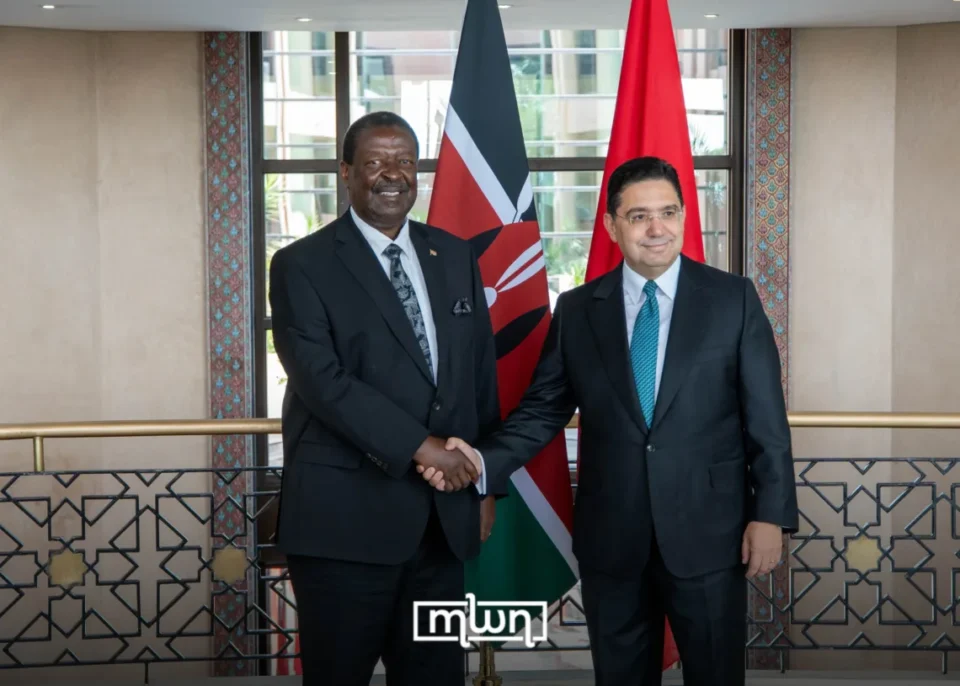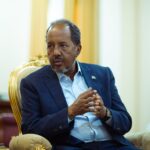By Judy Maina
NAIROBI, Kenya— In a move signaling a notable shift in its foreign policy, Kenya has officially endorsed Morocco’s autonomy initiative as the only viable and sustainable solution to the decades-long Western Sahara dispute, aligning itself with Rabat’s stance and departing from a more neutral continental posture.
The endorsement, delivered through Kenya’s Ministry of Foreign and Diaspora Affairs, emphasizes Nairobi’s recognition of Morocco’s plan—which offers limited self-governance under Moroccan sovereignty—as “credible, serious, and realistic.”
“Kenya strongly supports Morocco’s autonomy plan as the only pragmatic and lasting solution to the Western Sahara issue, in line with the United Nations framework,” the statement read.
The announcement coincides with a growing chorus of African countries revising their historical support for the Polisario Front and the Sahrawi Arab Democratic Republic (SADR).
The move marks a reversal from Kenya’s earlier oscillations between recognizing the SADR and advocating for neutrality. Under President William Ruto’s administration, Nairobi has sought to deepen bilateral ties with Rabat, especially in trade, energy, and counterterrorism cooperation.
Kenya’s backing of the autonomy initiative also underscores shifting dynamics within the African Union (AU), where Morocco—having rejoined the bloc in 2017—is steadily rallying support against the SADR’s recognition.
Analysts say Nairobi’s alignment with Rabat reflects broader geopolitical recalibrations across East and West Africa.
“This is a strategic realignment driven by both economic and geopolitical calculations,” said Dr. Munene Nelson, a professor of international relations in Nairobi.
“Kenya is reading the winds within the AU and positioning itself accordingly.”
Morocco’s autonomy plan, first presented in 2007, proposes limited self-rule for Western Sahara under Moroccan sovereignty. The Polisario Front, backed primarily by Algeria, rejects the plan and continues to demand full independence.
The United Nations continues to call for a mutually acceptable political solution, but the process has stalled in recent years.
Kenya’s endorsement comes as other influential African countries, including Senegal and Côte d’Ivoire, have similarly voiced support for the Moroccan initiative.
In Rabat, the Kenyan position was welcomed as a “milestone diplomatic gesture.” Morocco’s Foreign Minister, Nasser Bourita, described the move as “an affirmation of African wisdom and pragmatism.”
The Polisario Front has yet to issue an official response, though regional observers anticipate condemnation from Algeria and pro-SADR factions within the AU.
As Nairobi pivots toward Morocco, questions remain over the implications for regional diplomacy and its relations with Algeria—a key North African energy partner—and other AU members who still recognize the SADR.
For now, Kenya’s position signals not just a policy adjustment, but a broader recalibration of its diplomatic alliances as the continent redefines its stance on one of Africa’s longest-standing territorial disputes.





